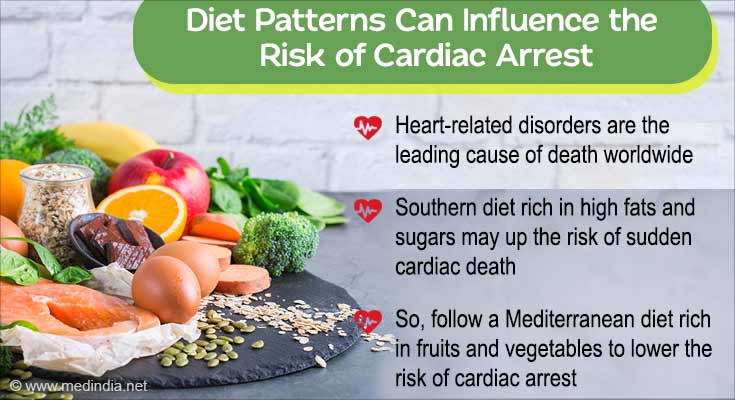The study included 17,873 patients with a myocardial infarction between 2008 and 2014 enrolled in the B2HIR. Daily numbers of acute myocardial infarction were extracted from the B2HIR database along with baseline patient characteristics including sex, age, smoking status, and diabetes. Daily PM10 and nitric oxide concentrations throughout the city were obtained from the Senate of Berlin.
Information on sunshine duration, minimum and maximum temperature, and precipitation were retrieved from the Berlin Tempelhof weather station and merged with the data on myocardial infarction incidence and air pollution.
Advertisement
The researchers analyzed the associations between the incidence of acute myocardial and average pollutant concentrations on the same day, previous day, and an average of the three preceding days among all patients and according to baseline characteristics. Associations between the incidence of acute myocardial and weather parameters were also analyzed.
Link between Air Pollution and Myocardial Infarction
Regarding pollution, myocardial infarction was significantly more common on days with high nitric oxide concentrations, with a 1% higher incidence for every 10 µg/m3 increase. Myocardial infarction was also more common when there was a high average PM10 concentration over the three preceding days, with a 4% higher incidence for every 10 µg/m3 increase. The incidence of myocardial infarction in smokers was unaffected by nitric oxide and PM10 concentrations.
Link between Weather and Myocardial Infarction
Regarding weather, the incidence of myocardial infarction was significantly related to the maximum temperature, with a 6% lower incidence for every 10°C rise in temperature. No associations with sunshine duration or precipitation were detected.
Dr. de Buhr-Stockburger said: “The study indicates that dirty air is a risk factor for acute myocardial infarction and more efforts are needed to lower pollution from traffic and combustion. Causation cannot be established by an observational study. It is plausible that air pollution is a contributing cause of myocardial infarction, given that nitric oxide and PM10 promote inflammation, atherosclerosis is partly caused by inflammatory processes, and no associations were found in smokers.”
Reference:
1. Air pollution is associated with heart attacks in non-smokers – (https://www.escardio.org/The-ESC/Press-Office/Press-releases/Air-pollution-is-associated-with-heart-attacks-in-non-smokers)
Source: Eurekalert



